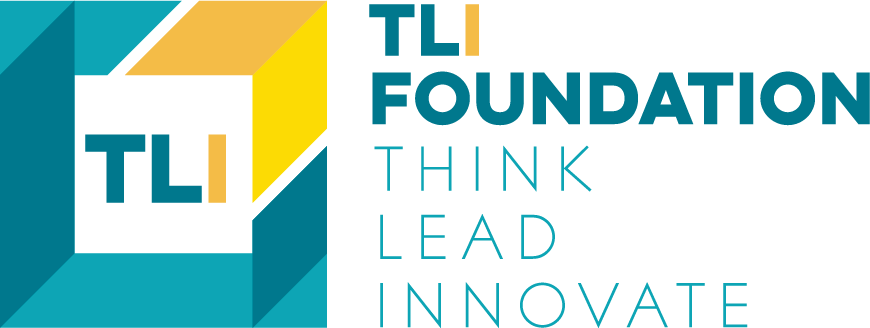GREAT & GREATER EXPECTATIONS
Determining the cause of chronic diseases – such as Lyme disease, Bartonellosis, rheumatoid arthritis, lupus, neuropsychiatric diseases and Crohn’s disease -- is now within reach.
It’s startling to consider that if only five percent of chronic diseases are attributable to infectious agents, in The United States alone, approximately 4.5 million of the 90 million people living with chronic disease might receive benefit from new plans and programs.
Read More



